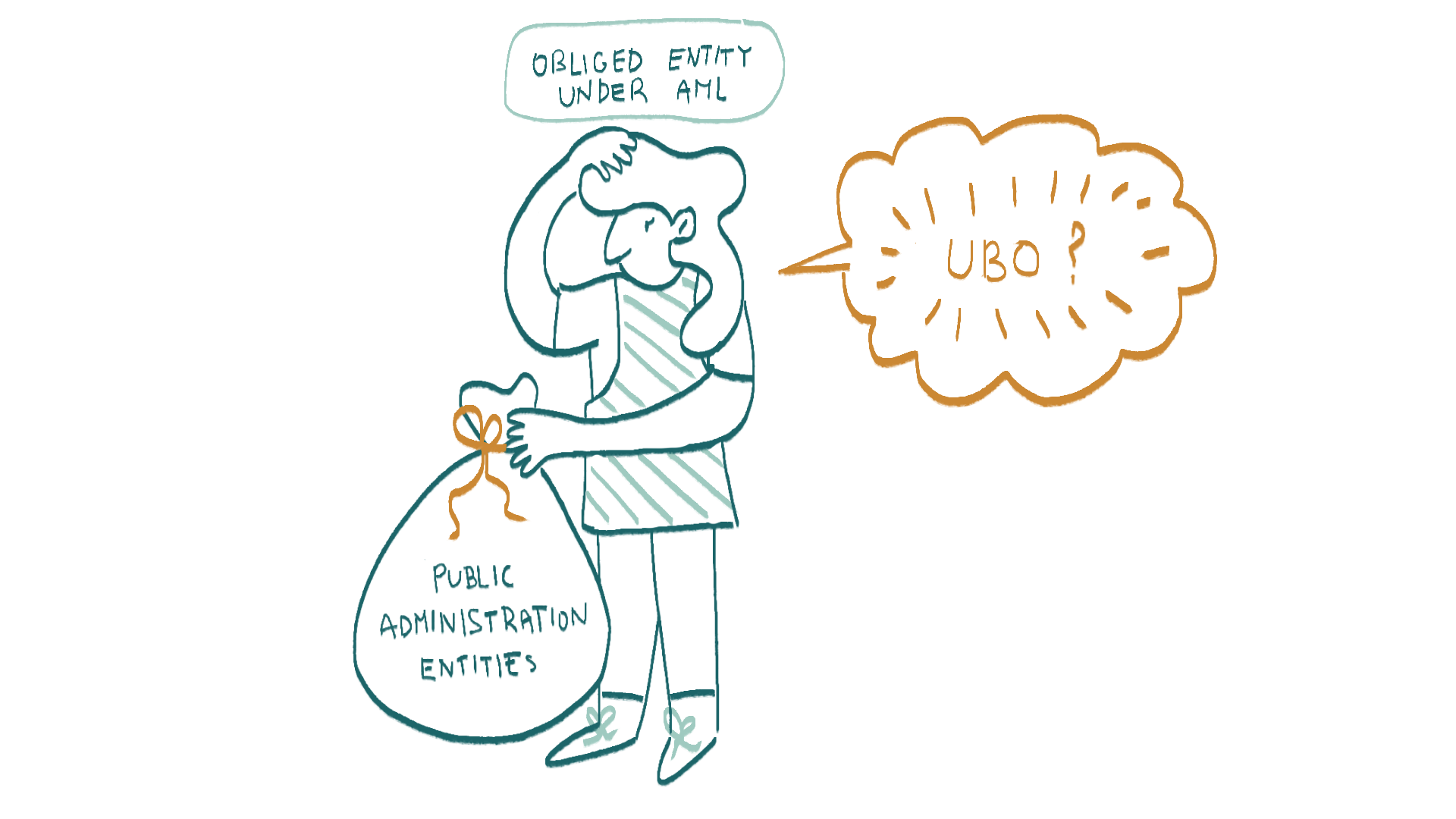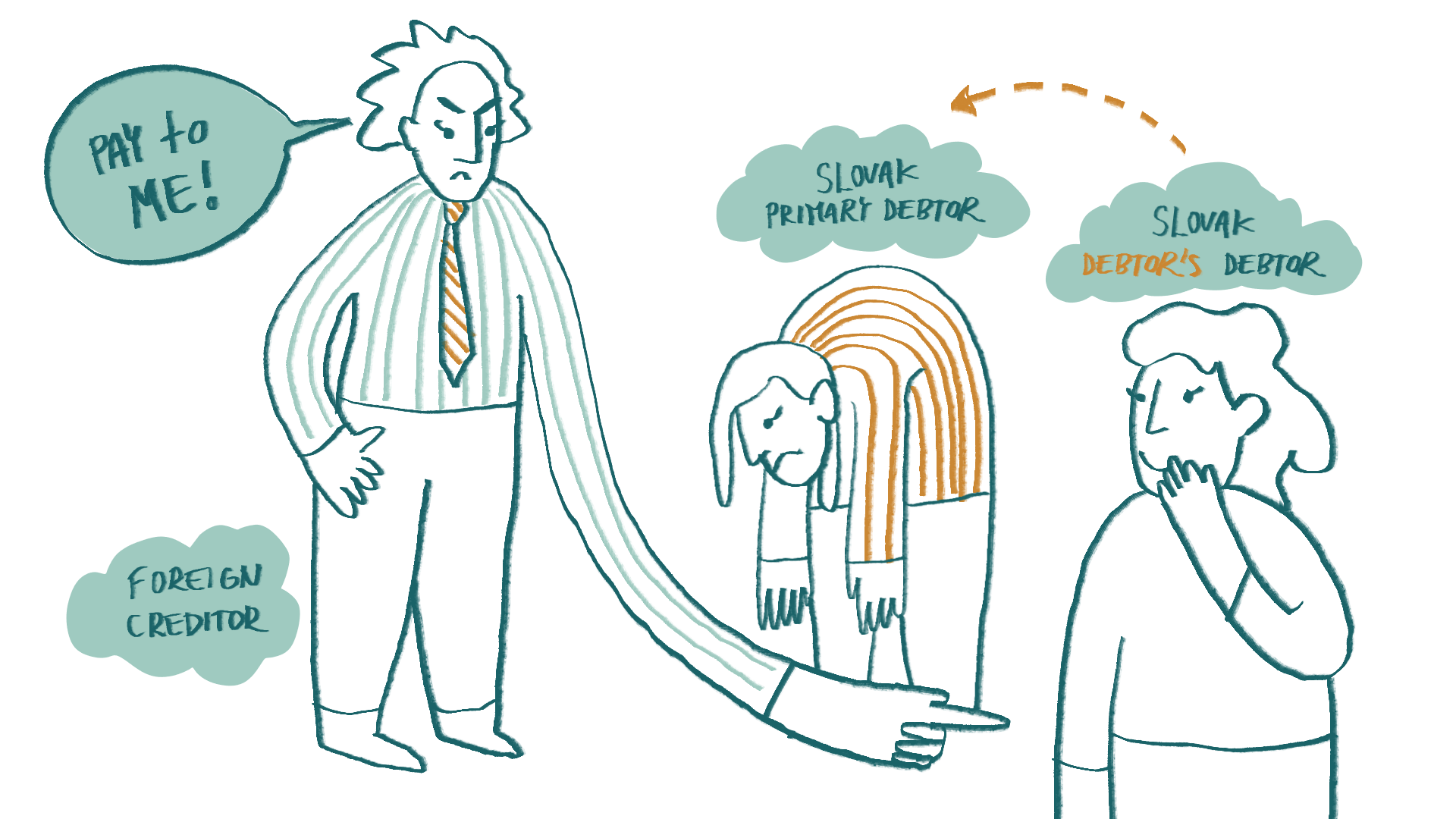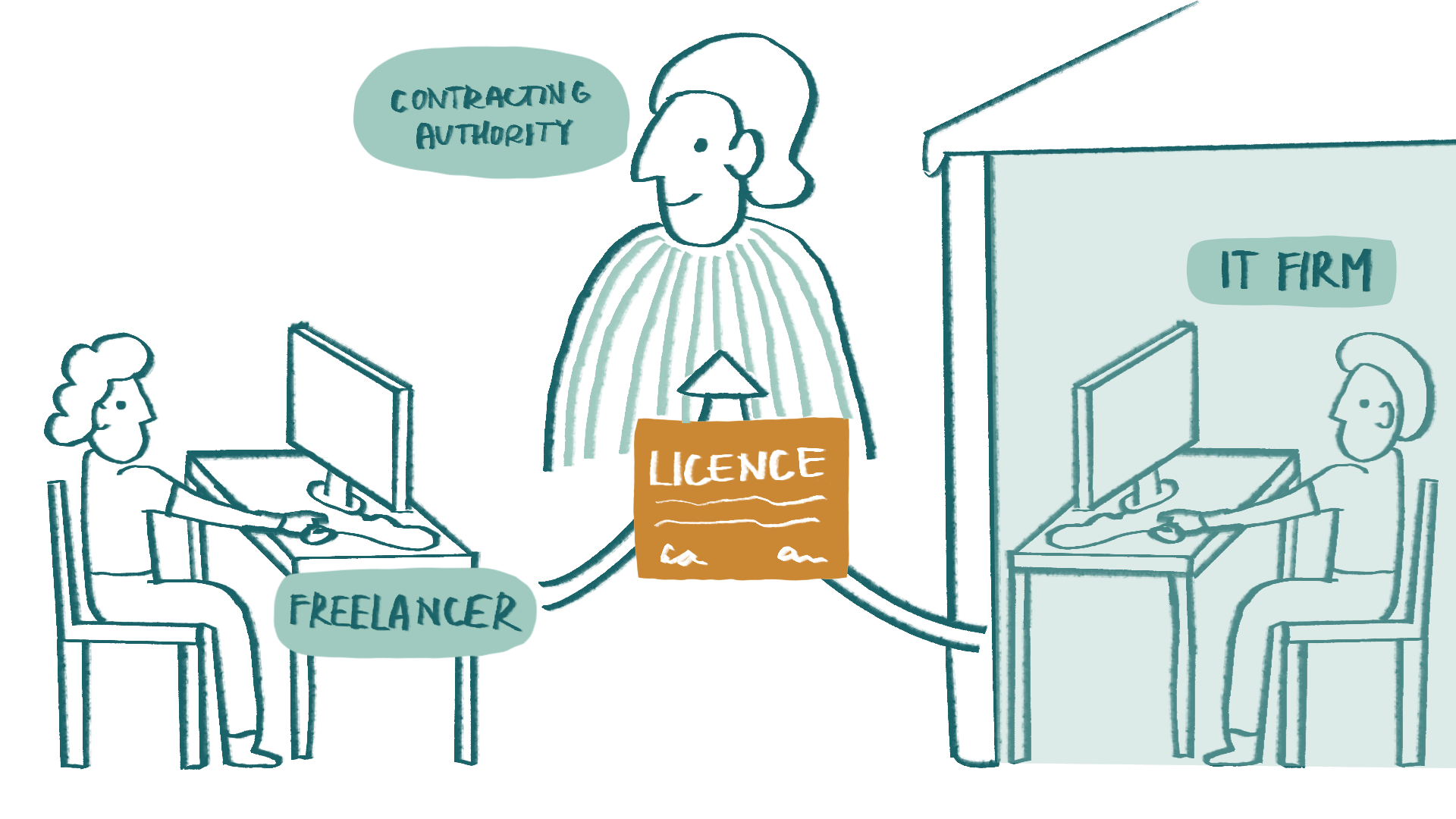I am a student and I have entered into an agreement for student part-time work for one year. The agreement states that in the event of termination by the student, the notice period is one month from the first day of the calendar month following the receipt of the notice. I have had agreements for student part-time work before, but I have never come across such a notice period. In my three previous contracts, either nothing was stated about the notice period, or it was 15 days with the period starting from the delivery of the notice. I noticed this when signing the agreement and asked about it. The HR manager explained that the Labour Code allows parties to agree on a longer notice period and that if I wanted the job, I should sign it the way it is. So, I signed the agreement. But now I am applying for an internship abroad. If selected, I will likely need to end my employment before the end of the one-month notice period, and it only starts from the month following the notice receipt. This can end up being up to two months. Is it even possible to agree a notice period unilaterally like this? I mean, does the one-month notice period only apply if I want to give notice? And what is the notice period if my employer wants to dismiss me?
In this case, it is mainly the provisions of Section 228 of the Slovak Labour Code that apply. It regulates the form and content of agreements for student part-time work, as well as the methods of terminating such agreements. The last sentence of Article 228(2) of the Slovak Labour Code states: “If the method of termination does not follow directly from the concluded agreement, it may be terminated by agreement of the parties on an agreed date and unilaterally only by notice without stating any reason, with a 15-day notice period starting on the date of receipt of the written notice”.
The first part of this sentence is essential, which means that the method of termination can be derived directly from the concluded agreement. Such wording means that it is a so-called dispositive legal provision. This means that the parties can regulate their relationship in a way that differs from what is provided by the law. The manner of termination of a temporary employment agreement, including the notice period, can therefore be regulated in a way that differs from the law. And, in our view, this possibility also applies to the agreement of a longer notice period and a different starting date than the 15 days that result from this provision.
However, we also believe that such dispositive nature has its limits. One of them results from the penultimate sentence of Section 228(2), which states that “immediate termination may be agreed only in cases where the employment relationship can be terminated immediately”. This means that it is not possible, for example, to agree on a method of termination whereby the employer can terminate the temporary student work agreement immediately and without reason. The employer may terminate such an agreement immediately only if it is provided for in the temporary employment contract and also in accordance with the grounds for immediate termination of the employment relationship set out in the provisions of Article 68 of the Labour Code.
In our view, another limit to the dispositive nature, i.e., the application of contractual freedom in labour law also arises from the underlying principles of the Slovak Labor Code. These include, in particular, the prohibition of abuse of rights, which is expressed in Article 2 of the Slovak Labour Code: “The exercise of the rights and obligations arising from the employment relationship must be in accordance with good morals; no one may abuse these rights and obligations to the detriment of the other party to the employment relationship or fellow employees. And they also include the principle that the conditions should be more favourable for the employee, which is expressed, for example, in the provisions of Article 1(6) of the Slovak Labour Code: “In the employment relationship, the terms and conditions of employment and working conditions of an employee may be more favourable than those provided for in this Act or another employment regulation, unless this Act or another employment regulation expressly prohibits it or unless it follows from the nature of their provisions that they cannot be derogated from.”
In your case, it can be said that although the employer was justified in using the dispositive standard and regulating the notice period in derogation of Section 228(2) of the Slovak Labour Code, it made unbalanced use of this contractual discretion. In our opinion, such use of the right to modify the method of termination of the student temporary employment agreement is to the detriment of the student. Since the contract is silent on the period of notice in the event of termination by the employer, the employer had the right to terminate the contract within the 15-day period from the date of service. The employer used the dispositive provision only to change the student’s termination, in which case the one-month notice period would apply from the following month. Such an arrangement is unbalanced and significantly disadvantageous to the employee.
Therefore, we believe that if there were a dispute about whether the employer had the right to demand compliance with the one-month notice period from you, although they could terminate the agreement for student part-time work with a 15-day notice period, such a provision of the agreement could be considered invalid, and you would have the right to terminate within the notice period resulting from the law, just like the employer.
In any case, we recommend that if you want to leave, you should try to negotiate with the employer first. This means that you should propose to them that you end your student part-time work by mutual agreement on a specific date. You can certainly propose a termination date that corresponds to the 15 days’ notice that the employer is required to give by law.

































